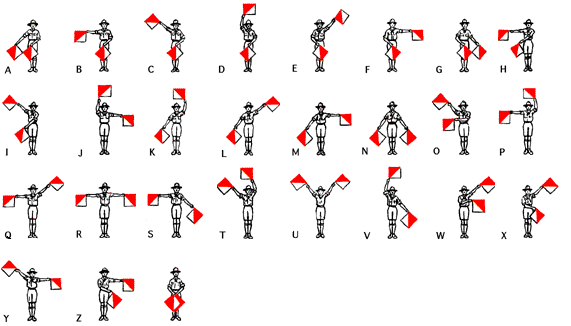It was a dumb game in junior high — you mutter, “loser says what?” and your buddy says, “What?”, because you muttered it and he couldn’t hear it properly. Then you say, “Ha ha, you’re a loser.” A great way to make and keep friends.
David Harsanyi has a little move like that in politics, and he runs it in his recent article, “Democrats are Increasingly Comfortable with Religious Tests” over at NRO. Here’s the setup. Because a standard liberal line is that religiously-inspired law and jurisprudence is a threat to religious liberty, vetting judges in terms of how significantly their religious commitments influence how they vote is important. But this test is not a religious test, it’s a zealotry test. And, again, we keep the religious nutcases from making and deciding law for the sake of religious freedom — because religious nutcases make law only for their religion.
Well, you can see where this is going. With Amy Coney Barrett’s nomination for the Federal Appeals Court, Harsanyi takes every question about whether and to what extent her religious views influence her policy decisions to be a religious test, not a zealotry test.
It is irksome, no doubt, that Barrett’s faith informs her views. Our backgrounds and beliefs always color our opinions. This is not yet an illegal act. But these lines of questioning, which are becoming increasingly prevalent in political discourse, are an attempt to create the impression that faithful Christians whose beliefs are at odds with newly sanctified cultural mores are incapable of doing their job. They are guilty of another kind of apostasy.
But the some of these colorings that Harsanyi thinks are inevitable are different from the very or extreme colorings that these lines of questioning are out to determine. Once we see it through Haryani’s lens, though, it’s all a form of religious discrimination by the Left. His middleschool trap, then, is roughly something along the lines of saying, “Leftist anti-religious bigots say ‘What’s the role of religion in your policy decisions?’… and he waits for them to say it. But it’s a confusion of what the purpose of the question is.
Of course, when there are occasions for clarification of what the purpose of the questions, Harsanyi won’t hear it, because he can’t take anything the folks on the other side says seriously. Here’s the height of it, recounting Al Franken’s exchange with Barrett:
“I question your judgment,†the former star of Stuart Saves His Family lectured the mother of seven.
Of course you can’t hear a reasonable thing come out of someone’s mouth if you keep bringing up the dumbest things they’ve ever done. Maybe we should go drag up some of Harsanyi’s early essays or attempts at painting or standup comedy or his performance in a sophomore year poetry slam to see how well they hold up…
To the Fallacy Analysis point, this is a peculiar case. I’m inclined to think it’s a special kind of straw man — you interpret the questions along some totally uncharitable line, and then you criticize it for being the bad thing you took it to be. And you avoid the main line of critical questioning, which is about the proper role religious commitment has in making policy for a society committed to religious liberty. Surely a reflective person can see the issue, right? But what arises out of this distortion of the point of the questions is a further issue, one that seems to make it so that the other side just can’t make good or decent points. Once you see their track record through such a lens, they can seem to be little more than those who make awful noises and act on the basest of instincts. And so, straw man arguments extended over time make for consistent well poisoning.Â

 The term “virtue signaling†has been around for a few years now, though there’s some dispute about its origin.
The term “virtue signaling†has been around for a few years now, though there’s some dispute about its origin. 